
Reduced left ventricular ejection fraction, longitudinal strain, and circumferential strain have possibly been linked to development of heart failure among elderly individuals.

Maggie is a senior editor for The American Journal of Managed Care® (AJMC®) and produces written, video, and podcast content covering several disease states. She joined AJMC® in 2019, and has been with AJMC®’s parent company, MJH Life Sciences®, since 2014, when she started as a copy editor.
She has a BA in English from Penn State University. You can connect with Maggie on LinkedIn.

Reduced left ventricular ejection fraction, longitudinal strain, and circumferential strain have possibly been linked to development of heart failure among elderly individuals.

Among these factors, having a higher degree of disability from multiple sclerosis (MS) was independently associated with higher morbidity and mortality risks from having a comorbid case of COVID-19.

Despite HHS’ recommendation that everyone with HIV start antiretroviral therapy (ART) soon after their diagnosis, uptick disparities remain and are especially apparent among persons with drug abuse or dependence.

Patients with multiple sclerosis have high rates of urinary and kidney infections, inpatient hospitalizations, and outpatient hospital claims, according to recent results presented at the Americas Committee for Treatment and Research in Multiple Sclerosis annual meeting.

Responses from a study of in-person focus groups show that not only do patients report adverse effects on quality of life, physical well-being, and mental health but that their caregivers do as well.
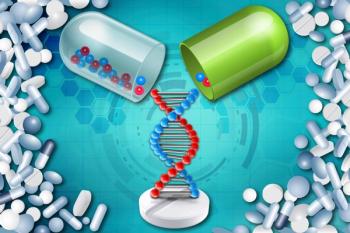
The safety and effectiveness of the long-acting agent is backed by data from trials of the drug among treatment-experienced individuals living with HIV-1 whose viral load is on the rise due to other regimens failing. Investigation continues among these patients, as well as treatment-naive patients.
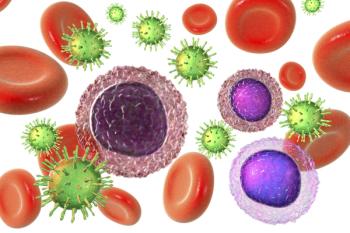
As part of the study, investigators looked into the long-term risk of cancer as affected by immediate initiation of antiretroviral therapy (ART).

In this Mendelian randomization study, higher odds of developing heart failure were seen in regular vs never smokers and in current vs former smokers.

A causal relationship between major depressive disorder (MDD) and multiple sclerosis (MS), and vice versa, was not found in a recent Mendelian randomization study, while higher body mass index (BMI) was shown to increase the risk for both.

Investigators sought to better understand increasing price trends, including those seen among disease-modifying drugs to treat multiple sclerosis (MS) and other neurological diseases.

Heart failure has been shown to be a contributing factor in more deaths in rural vs urban counties in which cardiovascular disease was pinpointed as the underlying cause of death.

An abstract presented today at this year’s virtual Conference on Retroviruses and Opportunistic Infections lays out promising phase 1 results on a 90-day dapivirine vaginal ring for HIV prevention.

Preliminary study results point to a possible connection between increasing global temperatures and an increased risk of hospitalization during the course of multiple sclerosis (MS).
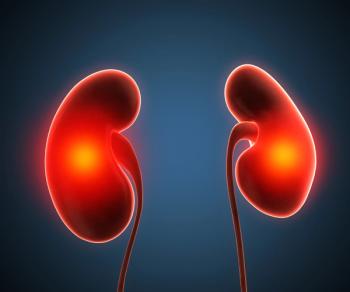
Study results from Taiwan of patients with heart failure and comorbid chronic kidney disease show a drop in the risk of renal function decline among patients with heart failure with preserved ejection fraction (HFpEF) administered sacubitril/valsartan.
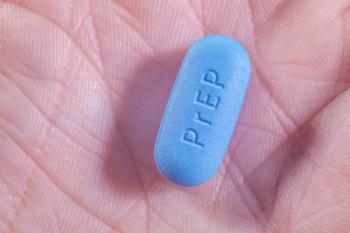
Individuals at high risk of contracting HIV and with commercial health insurance adhered to their pre-exposure prophylaxis (PrEP) regimens more than twice as long as persons covered by Medicaid.

A systematic review and meta-analysis of studies of patients with multiple sclerosis (MS) found that mindfulness- and acceptance-based interventions did not have a significant effect on mindfulness among these patients.

Collaboration enabled ChristianaCare to significantly grow its population of patients with well-controlled disease, thanks to a diabetes control roadmap that ensured both physical and emotional health needs were met through interprofessional partnerships.

The substitution of telemedicine for many in-person HIV services during the COVID-19 pandemic has produced mixed results, with persons living with HIV increasingly lost to follow-up despite favorable views of this method of care delivery.

A comparison of patients with heart failure with preserved ejection fraction (HFpEF) randomized to 1 of 2 physical activities did not show a significant increase in peak oxygen consumption (VO2) vs guideline-based physical activity.

Compared with adult-onset multiple sclerosis (MS), pediatric-onset MS has few treatments directed at the condition, specifically those that promote remyelination, enhance neuroprotection, and remediate cognitive deficits.

Among 6 sphingosine-1-phosphate (S1P) receptor modulators evaluated for use in patients with multiple sclerosis (MS), a new meta-analysis shows amiselimod had the highest efficacy.

Georgetown investigators attempted to answer how type of supportive relationship may affect outcomes among gay men living with and without HIV, comparing results seen with primary and secondary relationships and having no support.

Compared with women with normotensive pregnancies, women who develop various hypertensive disorders during pregnancy have a greater risk of cardiac structure abnormalities in the decade after pregnancy.

The most recent Morbidity and Mortality Weekly Report from the CDC shows there is a great unmet need for earlier intervention for and treatment of HIV among Black Americans living in rural areas.
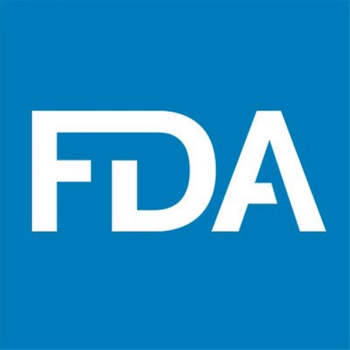
The cyclin-dependent kinase 4/6 inhibitor trilaciclib (Cosela) is the first in its class to receive FDA approval as a protective agent against bone marrow loss from treatment for small cell lung cancer (SCLC).

Compared with being offered standard testing services, offers of initial and repeat self-testing led to a 3.5-fold greater uptake of testing for HIV among transgender individuals in a new study out of England and Wales.

An analysis of 30-year data on participants from the Augusta Heart study shows that Black individuals begin to exhibit potential signs of congestive heart failure earlier than their White counterparts.
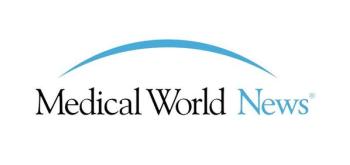
Patients with ovarian cancer who lived within 10 miles of Kansas’s only National Cancer Institute–designated cancer center, and those of a non-White race, were shown to have less of a survival advantage.

Older adults with acute myeloid leukemia (AML) saw increased overall and relapse-free survival, as well as preserved quality of life, following oral administration of 300-mg azacitidine.

A comparison of 2 time periods shows that following an initial decline, hospital admissions for primary management of heart failure rose between 2014 and 2017.

259 Prospect Plains Rd, Bldg H
Cranbury, NJ 08512
© 2025 MJH Life Sciences®
All rights reserved.
